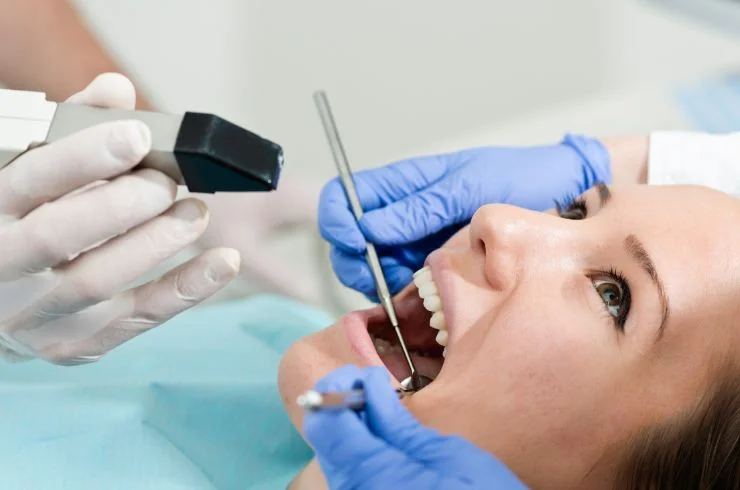
What is Full Mouth Reconstruction?
Full mouth reconstruction is a comprehensive dental procedure that involves restoring and rebuilding all the teeth in a patient’s mouth. This treatment is designed for individuals who have multiple dental issues, such as extensive decay, gum disease, missing teeth, or significant wear and tear. The goal of full mouth reconstruction is to improve both function and aesthetics, resulting in a healthy, beautiful smile.
Indications for Full Mouth Reconstruction
Patients may require full mouth reconstruction for various reasons, including:
The Full Mouth Reconstruction Process
Initial Consultation: A thorough evaluation by a dental professional is essential to assess the condition of the teeth, gums, and jaw. This may involve imaging studies, such as X-rays or 3D scans, to develop an accurate treatment plan.
Customized Treatment Plan: Based on the evaluation, the dentist will create a personalized treatment plan tailored to the patient’s specific needs and goals. This plan may involve a combination of restorative procedures, including crowns, bridges, veneers, dental implants, and orthodontics.
Phased Approach: Full mouth reconstruction often requires multiple visits and may be completed in phases. The process may begin with necessary extractions or periodontal treatment, followed by the placement of dental implants or other restorations.
Restorative Procedures: Depending on the treatment plan, various restorative procedures may be performed, such as:
Final Adjustments and Maintenance: After all restorative work is completed, follow-up appointments are necessary to ensure proper fit and function. The dentist will provide guidance on maintaining oral hygiene and care for the new restorations.
Benefits of Full Mouth Reconstruction
Who Should Consider Full Mouth Reconstruction?
Individuals with extensive dental issues affecting their oral health and quality of life may benefit from full mouth reconstruction. A thorough evaluation by a qualified dentist will help determine if this comprehensive approach is suitable for the patient’s needs.
Considerations and Risks
While full mouth reconstruction can offer remarkable improvements, it is essential to discuss potential risks and complications with a dental professional. These may include sensitivity, discomfort during recovery, and the possibility of needing adjustments to restorations.
In summary, full mouth reconstruction is an effective solution for those struggling with multiple dental concerns, leading to a healthier, more functional, and aesthetically pleasing smile.